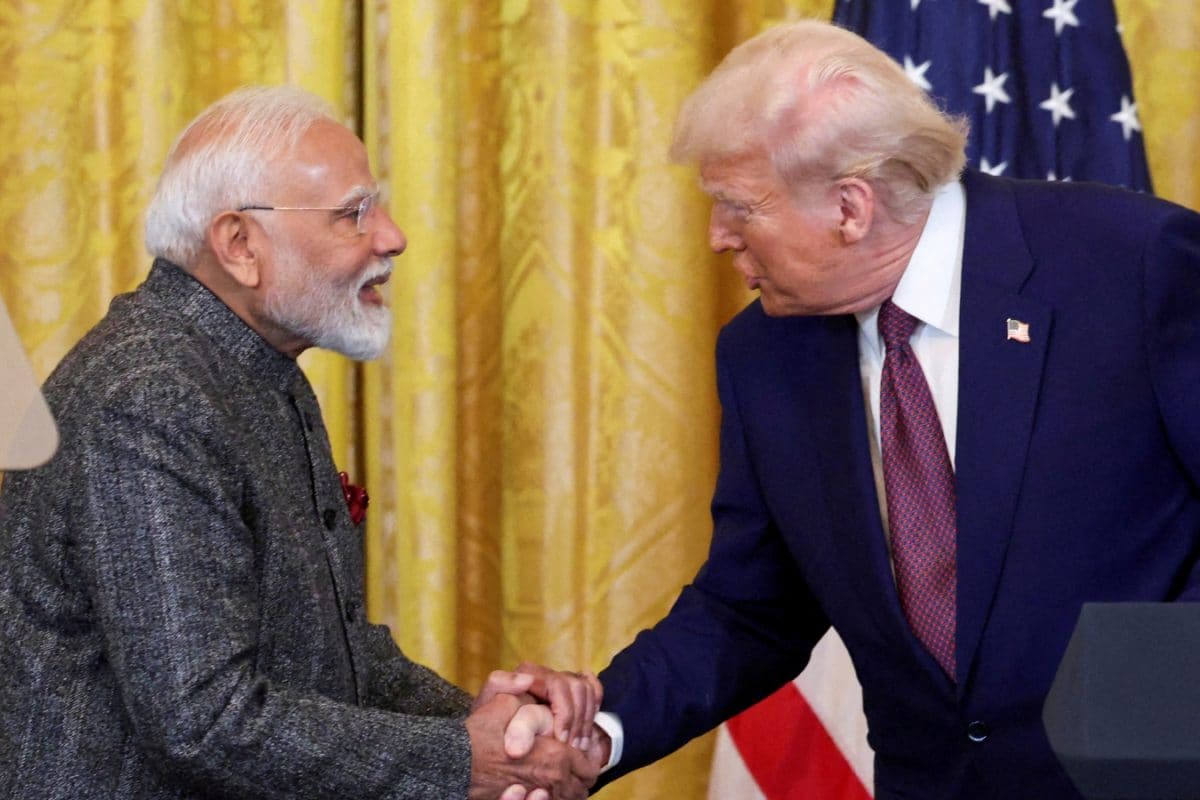

US President Donald Trump has indicated that the United States is nearing a trade agreement with India that would grant greater access to Indian markets. These comments follow a recently finalized trade deal with Indonesia, where Indonesian imports will face a 19% tariff, while US exports will not be subject to any tariffs.
Trump stated, "We're going to have access into India… And you have to understand, we had no access into any of these countries. Our people couldn't go in. And now we're getting access because of what we're doing with the tariffs". He suggested the ongoing negotiations with India are progressing along similar lines to the agreement reached with Indonesia.
India's commerce ministry officials are currently in the US for trade talks. India's chief negotiator, Rajesh Agarwal, is expected to join the team in Washington. These discussions signify a renewed effort to rebalance trade relations between the two countries.
Commerce Minister Piyush Goyal has characterized the India-US trade deal talks as progressing at a "fast pace" and in a spirit of mutual cooperation. He expressed optimism that the negotiations will result in a "win-win trade complementing agreement" with the United States.
The US is reportedly considering a trade deal where India would face tariffs of less than 20%, a reduction from the 26% announced earlier this year. Trump has set a deadline of August 1, 2025, for reciprocal tariffs to take effect. Notably, India has not yet received a tariff letter from the US, possibly due to the ongoing negotiations.
These discussions aim to conclude the first phase of a bilateral trade agreement by the fall. Both sides are working to iron out issues in critical sectors such as agriculture and automobiles.
Differing perspectives and demands from both sides have led to a complex negotiation. The US seeks concessions on agricultural and dairy products, while India is asking for eased tariffs on steel, aluminum, and automobiles. India has expressed concerns that lowering tariffs on US farm imports could flood Indian markets with cheaper goods. In the dairy sector, the US argues that India's GM-free feed certification and facility registration protocols act as a barrier to American imports. India views its policy regarding imports of animal products fed on animal-derived feed as non-negotiable due to religious sensitivities.